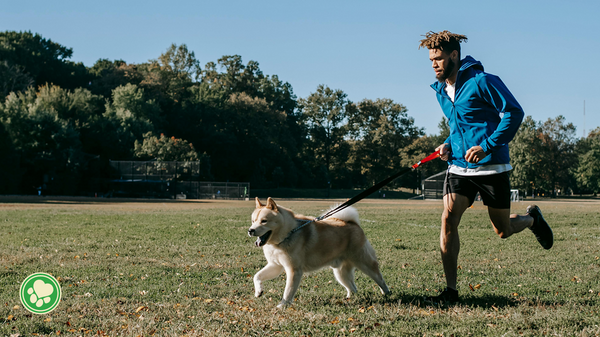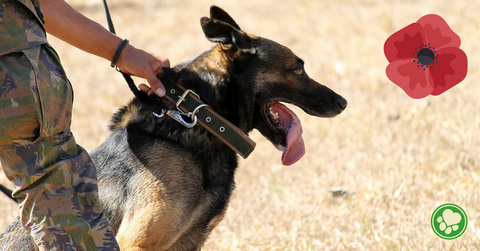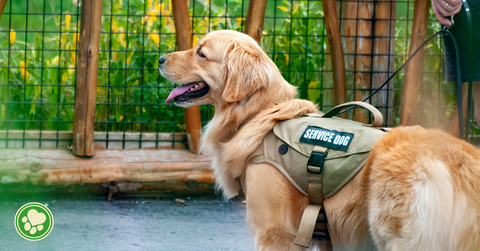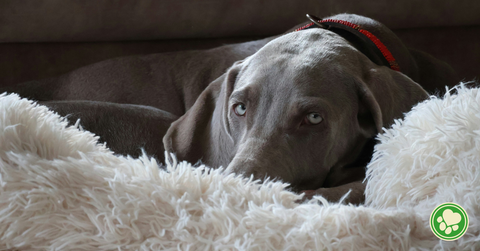The Power of Pups for Mental Wellbeing
20 . May .2024Katy van suilchem0 Comments
Last week was Mental Health Awareness week, and we wanted to take the opportunity to celebrate the incredible bond between humans and their four-legged friends. Whether it’s a wagging tail, a playful bark, or a comforting cuddle, our furry friends really do make the bad days that bit better!
About 1 in 4 people in the UK deal with mental health issues each year. While there’s no quick fix when it comes to mental health, the role of pets in improving well-being cannot be overstated. The kindness and companionship of dogs have been proven to reduce anxiety, depression and loneliness.
Here are just some of the ways that having a furry friend by our side can help us feel motivated and minimise negative thoughts and feelings.
Companionship
When we’re feeling down and can’t quite bring ourselves to reach out to friends or family, our pets are there to snuggle up and listen. The love, loyalty, and companionship dogs provide can alleviate loneliness and provide comfort through tough times.
Routine
Having a dog keeps us on track, even when our days seem a bit jumbled. Their need for regular walks and meals naturally creates structure in our day, which can be a huge help when motivation is low.
Responsibility
The responsibility of looking after something other than ourselves can give us something to focus on and a reason to get out of bed in the morning. Regardless of our own feelings or struggles, our pets rely on us for food, exercise and love. Dogs can make us feel needed, which can be incredibly fulfilling.
Stress Relief
Dogs are amazing at calming us down and easing stress, which is why they’re often used in therapy to help with anxiety, PTSD and OCD. Studies show that dogs trigger similar neural pathways to the parent-baby bond, and petting a dog can even slow down our heart rate and prevent panic attacks. Dogs also exhibit a keen sensitivity to human emotions, making them highly intuitive companions.
Exercise
Having a dog encourages us to stay active by forcing us outside each day for a walk or a run-around. Exercise releases endorphins, which can boost our mood and reduce stress. Not only do dogs keep us moving physically, but they also play a vital role in improving our mental well-being through exercise.
Social Interaction
Finally, owning a dog can be great for our social lives. Having a furry friend can serve as a natural conversation starter while out and about. It’s especially nice for those times when we’re feeling a bit isolated or finding it hard to meet new people. Simply having our dogs with us creates opportunities for socialising and provides a daily dose of human connection crucial for our mental health.
From companionship to stress relief, our furry friends offer support in various ways. They provide comfort during tough times, keep us on track with routines, and give us a sense of purpose. Plus, they’re great at calming us down and encouraging regular exercise.
While dogs don’t solve all our problems, they certainly offer comfort and make the dark days a little brighter. The structure and purpose that caring for a pet provides can help to give us the nudge we need to seek support and focus on our mental health journey.
Ensure your dog receives the same level of love and attention they give to you every day with top-quality dog food from Cobbydog. We offer nutritious and delicious wet and dry dog food to help your dog thrive. Check out our selection of healthy dog foods here.









